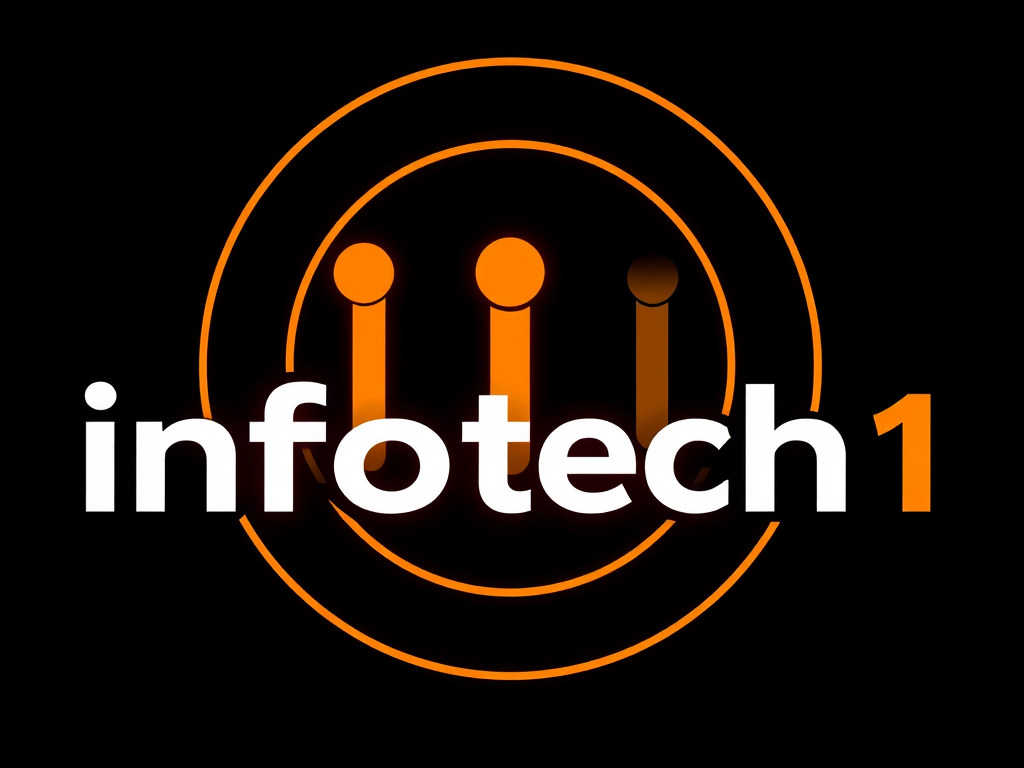Importance of Computing Infrastructure in Marketing Success
In today’s digital age, computing infrastructure plays a pivotal role in shaping the success of marketing strategies. Robust infrastructure ensures that marketing teams can efficiently handle vast amounts of data, leading to improved marketing effectiveness. Without strong computing resources, businesses may struggle with data management and real-time analytics, which are essential for making informed marketing decisions.
IT integration is vital for maximizing marketing outcomes. By integrating technology into marketing processes, companies can achieve seamless operations, optimize campaign performance, and enhance customer engagement. This integration allows for better tracking and measurement of marketing activities, providing insights that drive strategic adjustments and innovations.
In the same genre : Unlocking the power of virtual reality: strategies for uk marketers to create immersive advertising experiences
Statistics underline the critical relationship between infrastructure and marketing success. Studies reveal that organizations with well-integrated computing systems report up to a 30% increase in marketing ROI. These findings highlight how essential it is for businesses to invest in high-quality computing infrastructure for their marketing endeavors.
Effectively leveraging a solid computing infrastructure means businesses can deploy advanced tools such as AI and machine learning, resulting in more precise targeting and personalization in campaigns. As a result, companies can stay competitive by delivering relevant and timely marketing messages to their audience. Thus, the emphasis on computing infrastructure not only supports current marketing efforts but also paves the way for future technological advancements in the field.
In the same genre : Unlocking customer engagement: augmented reality strategies for uk marketers
Technology Integration Strategies for Marketing
In the realm of marketing, technology integration stands as a powerful enabler of success. Modern marketing tools have transformed the way companies engage with their audience and optimize their digital strategies. The following explores the key components of integrating technology into marketing processes.
Utilizing Data Analytics Tools
To start, data analytics tools play a crucial role in refining marketing decisions. By analysing customer behaviour and preferences, companies can craft strategies that resonate more deeply with their target audience. Additionally, leveraging AI and machine learning allows marketers to predict trends and personalize interactions, driving higher engagement and retention rates. Noteworthy examples of successful data-driven campaigns include those employing AI for targeted ad placements, which have shown significant improvement in customer acquisition.
Cloud Computing Advantages
Furthermore, cloud computing offers substantial benefits in terms of marketing flexibility and scalability. For small and medium businesses, cloud solutions minimize upfront IT costs while providing scalable resources that grow with business demands. This approach enables companies to deploy new marketing initiatives rapidly and adjust them based on real-time feedback. Case studies highlight businesses that have harnessed the cloud to achieve remarkable market agility and cost efficiency, showcasing tangible improvements in campaign reach and effectiveness.
Marketing Automation Solutions
Finally, the importance of automating marketing processes cannot be overstated. Automation tools streamline repetitive tasks, allowing marketing teams to focus on strategic activities that add value. Recommended tools include platforms with features such as email automation, social media scheduling, and customer segmentation. Real-world examples reflect how automation has led to increased efficiency and better resource allocation, underscoring its vital role in maintaining competitive advantage.
Integrating these strategies forms a cohesive framework that supports dynamic and effective marketing efforts, ultimately enhancing brand presence and customer satisfaction.
Best Practices for Enhanced Marketing Outcomes
Ensuring optimal marketing performance hinges on effectively optimizing computing infrastructure and tailoring strategies to deliver measurable results. Recognizing key best practices can significantly enhance marketing outcomes by leveraging advanced tools and technologies.
By focusing on infrastructure optimization, businesses can streamline their digital marketing efforts and improve their operational capabilities. This involves embracing scalable solutions like cloud computing to efficiently manage data and technological demands. Consistently recalibrating infrastructure to align with evolving market needs ensures that marketing initiatives remain agile and effective.
Adopting performance metrics as part of the assessment process allows companies to measure the return on investment (ROI) accurately. Utilizing metrics like conversion rates, customer retention, and engagement levels provides valuable insights that inform strategic decisions. These metrics help identify areas for improvement and highlight successful tactics that can be expanded upon.
Looking to the future, marketing best practices will increasingly integrate cutting-edge technologies such as AI and machine learning. These tools promise to refine personalization efforts, enhance predictive analytics, and foster more dynamic customer interactions. By staying ahead of these technological trends, companies can maintain competitive advantages and cultivate robust customer relationships.
In conclusion, by implementing best practices and maintaining a forward-thinking approach to technology adoption, businesses can achieve superior marketing outcomes and sustainably drive growth.
Case Studies of Successful Implementations
Understanding how businesses have successfully integrated robust computing infrastructure into marketing strategies provides valuable insights for future endeavors. In the following case studies, we explore how companies A, B, and C devised innovative solutions to overcome their marketing challenges and improve overall performance.
Case Study 1: Company A
Company A faced a significant challenge with outdated marketing infrastructure that hindered their ability to process and analyze consumer data effectively. To address this, they implemented an overhaul of their computing environment, focusing on integrating cutting-edge technology into their marketing operations. This included deploying advanced analytics tools and AI-based platforms to fine-tune customer interaction and targeting. As a result, Company A experienced enhanced marketing effectiveness, with a reported 40% increase in customer engagement and satisfaction.
Case Study 2: Company B
Company B’s journey in technology integration highlights a transformative shift in their marketing strategy. By adopting cloud computing solutions, they achieved remarkable scalability and flexibility, ensuring rapid deployment of new marketing campaigns. They chose platforms that facilitated real-time analytics, offering them better insights into customer behavior. This shift led to significant improvements in their marketing ROI and a deeper customer connection, showcasing the critical impact of technology integration.
Case Study 3: Company C
With the absence of a strong computing infrastructure, Company C struggled to maintain a competitive edge in their marketing efforts. Acknowledging their limitations, they embarked on a strategic initiative to overhaul their infrastructure. This initiative included adopting marketing tools that automated various processes, enabling their team to focus on strategy rather than routine tasks. Their innovative approach resulted in a 30% reduction in operational costs and positioned them favorably within their industry. Stakeholders praised the improved efficiency and effectiveness of their marketing campaigns post-implementation.
These case studies underscore the importance of investments in computing infrastructure and technology integration to elevate marketing strategies and ensure sustained business success.
Conclusion and Recommendations
In developing robust infrastructure strategies, businesses should tailor their approach based on specific needs and industry contexts. A comprehensive understanding of current computing infrastructure and potential areas for enhancement can lead to significant improvements in marketing effectiveness. It is imperative to focus on IT integration, adopting flexible and scalable solutions to align resources with evolving market demands.
Recommendations include investing in advanced analytics tools and automation platforms to streamline operations. These technologies drive efficiency and provide actionable insights, supporting more effective decision-making processes. For small and medium businesses, cloud-based solutions offer a practical pathway for growing capabilities without the burden of substantial initial outlays.
Moreover, companies should prioritize continuous learning and adaptation to keep pace with technological advancements. By fostering an environment that encourages innovation, businesses can maintain a competitive edge, leveraging technology to deliver impactful marketing campaigns.




